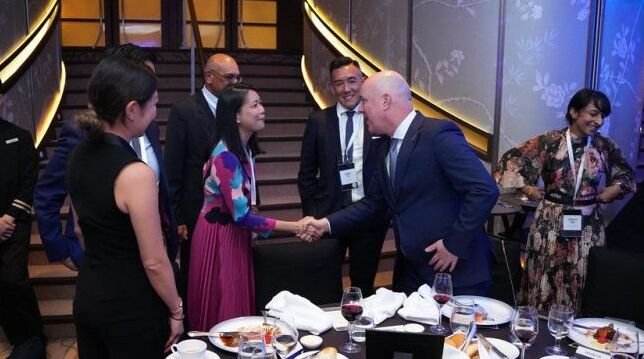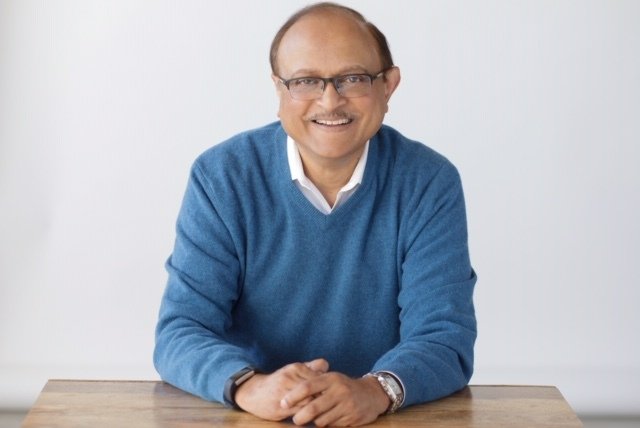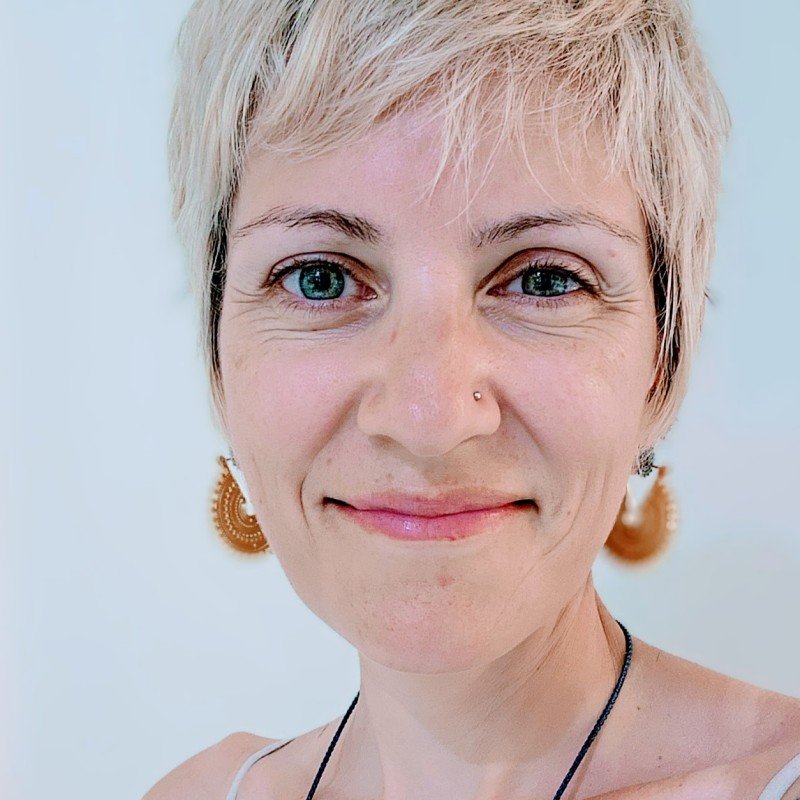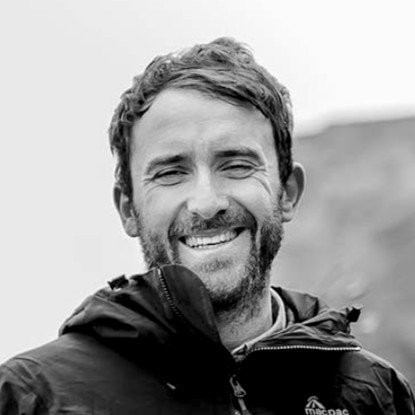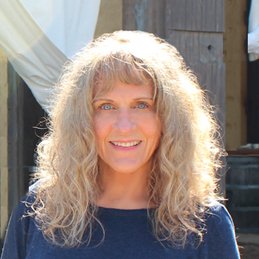Impact Snapshot
April 2024
In this Impact Snapshot, read about EHF Fellows in action creating economic, environmental and social impact, plus recent recognitions and awards they’ve received during April 2024.
Fellows in action 🎬
Lisa Nelson, Chuck Chai, and Andrew Hoppin attended a dinner with Hon Judith Collins KC at the New Zealand Consul General's official residence in Los Angeles.
They discussed the pivotal role the Fellowship and investor migrants can play in transforming and accelerating Aotearoa New Zealand's technology and innovation sectors. They also explored strategies for attracting global talent, fostering collaborations to strengthen business opportunities, and helping Kiwi founders to scale globally.
Audrey Tan attended NZTE’s gala event in Singapore, at the invitation of Asia New Zealand Foundation, to meet with NZ Prime Minister Christopher Luxon, along with global investors, senior local and global business leaders, senior government ministers and officials, in an effort to deepen ties with the two regions.
The gala dinner highlighted the importance of a strengthened relationship between Singapore and New Zealand, and to forge connections and new avenues for growth and knowledge-sharing.
Mohan Nair is actively contributing to the growth of Aotearoa NZ’s entrepreneurial landscape by serving as a Venture Advisor for Pacific Channel.
In this role, Mohan is helping to establish pathways for Aotearoa NZ portfolio companies to enter and succeed in the competitive US venture market. He is leveraging his network and expertise to facilitate introductions, offer strategic guidance, and provide valuable advice to the portfolio companies.
Mohan's efforts are helping Aotearoa NZ's startups to expand their reach and scale transform into globally competitive entities.
Nathaniel Calhoun's Eco-Index, a technology for ecological restoration, is tapping into satellite data provided by Planet, co-founded by fellow Fellows Will Marshall and Robbie Schingler.
Eco-Index is harnessing the geospatial solutions powered by Planet's satellite data and artificial intelligence to combat native biodiversity decline in Aotearoa NZ. This empowers decision-makers with essential data, knowledge, and tools for effective conservation efforts.
This collaboration is helping tackle biodiversity decline, which threatens global ecosystems and livelihoods.
Nathaniel’s Bioverse Labs also featured as a case study in the Global System for Mobile Association’s (GSMA) recent research paper on the nexus of biodiversity and business.
The case study highlights how Bioverse utilises advanced technologies to create profitable forest economies while conserving threatened ecosystems, assisting Indigenous Peoples and Local Communities (IPLCs) in sustainable harvesting of Non-Timber Forest Products (NTFPs).
Being featured in the report highlights Bioverse's innovative approach, demonstrating how businesses can generate revenue while positively impacting biodiversity and supporting local communities.
Owen Gaffney, a climate change and global sustainability specialist, has co-authored a commentary proposing the need for new climate scenarios that explore AI impacts on the global economy.
The commentary explores the potential impact of AI on global efforts to achieve net-zero emissions. While AI can enhance operational efficiencies and drive innovation across various sectors, its impact on greenhouse gas emissions remains uncertain. Direct effects, such as energy consumption by AI data centres, are relatively small but expected to increase rapidly. Indirect effects, including changes in energy demand and societal transformations, could significantly influence emissions. Therefore, Owen and his co-authors are calling for the development of standardised AI-driven emissions scenarios to guide decision-making and policy formulation towards sustainable AI development.
In contributing to the commentary, Owen is prompting the audience to consider the environmental implications of AI technologies, emphasising collaboration and further research to quantify and mitigate the potential environmental consequences of AI-driven emissions.
Tony Lai, co-steward of Mother Tree Labs, and Jessy Kate Schingler, director of Open Lunar Foundation, participated in a conversation about the intersection of law, blockchain technology, and nature at the Earth Commons gathering in Berkeley as part of ‘Funding Public Goods’ Lab Week.
The discussion revolved around innovative institutional forms and legal frameworks intersecting with blockchain technology and nature. They explored concepts like ‘self-defending autonomy’ and discussed the potential of Web3 and decentralised infrastructures in promoting access to justice and new economic tools at both local and bioregional levels.
By contributing to these conversations, Tony and Jessy Kate are catalysing impactful discussions that draw together law, technology, and environmental stewardship. They are highlighting how a future where decentralised infrastructures and ecological considerations intersect to promote justice and sustainability on local and global scales.
Daniel Price featured on the Everything Antarctica podcast where he discussed his extensive Antarctic experiences and research endeavours.
Daniel’s work primarily focuses on Antarctic sea ice thickness, utilising satellite and airborne sensors. He developed crevasse avoidance techniques for traversing the Ross Ice Shelf, and he has driven across it six times. In 2015, he led the Pole to Paris campaign, cycling from New Zealand to France to raise awareness about climate change and its impact on sea level rise. Currently the Chief Scientist for Kea Aerospace, Daniel is involved in developing high-altitude solar-powered aircraft for earth observation, which will enhance disaster response capabilities. He plans to launch a project to conduct the largest sea ice study in Antarctica by flying a sea ice measuring instrument from New Zealand's Scott Base to Australia's Casey Station.
Daniel is actively contributing to scientific research, climate advocacy, and technological innovation, aiming to address the challenges posed by climate change and advance our understanding of Antarctica's precious ecosystems.
Tessa Vincent, founder of New Zealand Food Waste Champions, moderated the UN Global Compact Network UK webinar on corporate climate advocacy.
In guiding discussions among industry leaders and emphasising the importance of aligning advocacy efforts with the Paris Agreement, Tessa highlighted practical strategies for businesses to effectively influence climate-related policymaking.
Through her thought leadership, she is providing information and inspiration to take meaningful action towards achieving net zero goals and combating climate change.
Evan Henshaw-Plath, CEO of Nos (previously Planetary.social), an open protocol and platform for social media and software, is leading an experiment to enable independent journalists through emerging social media protocols.
He has launched the Creator Residency and Journalism Accelerator programmes on Nos, aiming to put creators and journalists in control of their audience, fostering a social commons. Through features like reverse chronological feeds, portable audiences, and micropayments, Nos offers a platform where creators can focus on content creation without being constrained by algorithms.
This initiative not only supports independent journalism but also promotes diversity and creativity in content creation, ultimately contributing to a more decentralised and democratised media landscape.
Latesha Randall and Cheryl Reynolds have launched the Little Libraries project, through their philanthropic venture The Values Trust.
The Little Libraries project aims to address declining literacy rates among children in Aotearoa NZ by providing engaging book collections to high-need early childhood education centres. Collaborating with literacy-focused organisations, they've curated a selection of 20 relevant titles, with a mix of te reo Māori incorporated, featuring bi-lingual versions, to reflect the ethnic diversity of the children. The handcrafted Little Libraries kitsets, designed with a modular forest theme, aims to create an ecosystem of literacy by connecting centres with other programmes and funding opportunities.
The initiative has already shown promising results in pilot centres, with plans to expand to 1,000 centres over the next seven years.
Eddie Lou, a Venture Partner at Mercury Fund, discussed his investment philosophy and insights from his successful portfolio in an interview with Chicago Inno, a digital news company covering Chicago startups and technology.
In the interview, Eddie emphasised the importance of founder-market fit and identified key factors contributing to success, including leadership, strategic partnerships, operational excellence, innovation, and adaptability.
His thought leadership in this interview provides valuable guidance for both aspiring entrepreneurs and investors, shedding light on how to navigate the evolving tech landscape.
Thea La Grou, co-founder of Films for the Planet, is releasing the new film ‘Common Ground’.
‘Common Ground,’ the sequel to ‘Kiss the Ground,’ delves into the impact of agriculture on human health and the planet. It contrasts the shortcomings of our current food system with the uplifting narrative of farmers adopting regenerative agricultural practices. The film highlights the role of regenerative agriculture in bolstering soil health, preserving biodiversity, and mitigating carbon emissions, offering tangible solutions for a sustainable future rooted in indigenous practices.
By raising awareness of our relationship with nature through films like ‘Common Ground’, Thea is encouraging a collective commitment to sustainability.
Sign up to the virtual screening (streaming available 3-5 May)
*Images have been provided by Fellows or sourced from the Internet. EHF does not claim to own the images.


